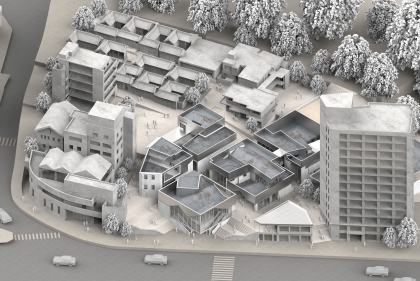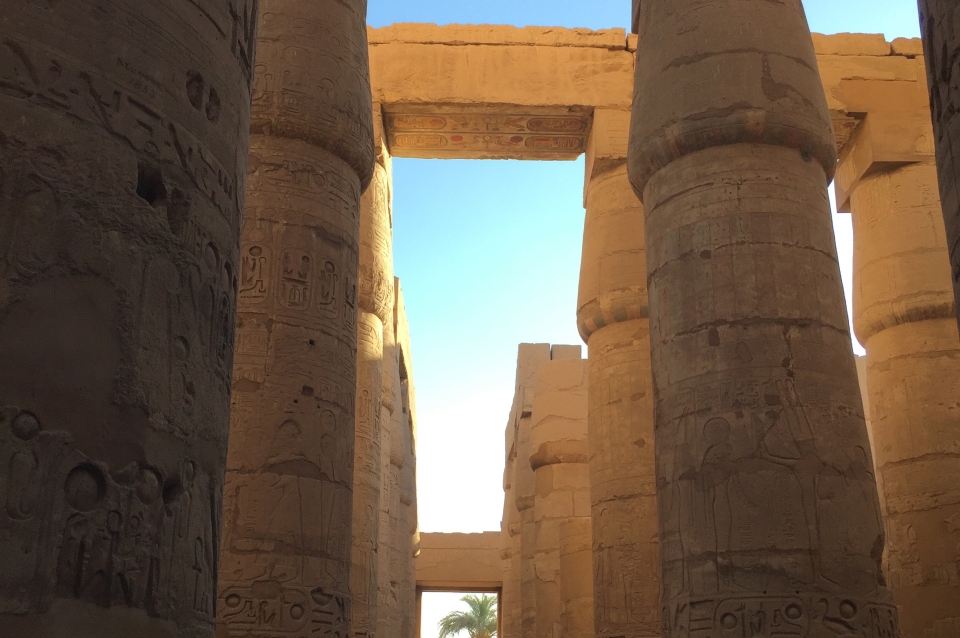April 8, 2016
Stuart Weitzman School of Design
102 Meyerson Hall
210 South 34th Street
Philadelphia, PA 19104
Get the latest Weitzman news in your Inbox
Media Contact
Michael Grant
mrgrant@design.upenn.edu
215.898.2539
The Department of Architecture at PennDesign recently kicked off a new collaboration with the Ministry of Heritage and Culture in Cairo, Egypt. The partnership began this semester with the 704 Research Design Studio Real Fictions led by Senior Lecturer Ferda Kolatan, which took students to Cairo for a week in March. The studio will culminate in an exhibition at the Egyptian Pavilion in this year’s Architecture Biennale in Venice, Italy, on view May 28 – November 27, 2016.
Although students took in some of Egypt's world-renowned historic sites, their focus was on life for modern-day Egyptians. Their studio looks at the informal settlements in the Maspero Triangle, a poor area in the west of Cairo where high-profile redevelopment plans have sparked controversy. In devising the studio, Kolatan drew on post-humanist theories that hold that the “real,” as it is widely understood, is just another cultural construction controlled by the powers in charge. He points out, for example, that the most prominent building in the Maspero Triangle is the Radio & Television building, which continued to air pro-Mubarak propaganda during the 2011 revolution. The studio asks students to consider urban and architectural conditions of the site as real and fictional, and to develop proposals that are speculative in nature, but concrete in design.
Winka Dubbeldam, Professor and Chair of Architecture, says, “The studio is an exemplary model for the new directions the Architecture Department is taking, not only in the direct involvement with the “real,” but also in the international dialogue concerning the site's conditions."
In taking on the Maspero Triangle, the Real Fictions Studio responds directly to Biennale Director Alejandro Aravena's call for “architectures that through intelligence, intuition or both of them at the same time, are able to escape the status quo." Aravena has said of this year's Biennale, "We would like to present cases that, despite the difficulties, instead of resignation or bitterness, propose and do something. We would like to show that in the permanent debate about the quality of the built environment, there is not only need but also room for action.”
Dubbeldam adds, "We are extremely thankful to Aly Abouzeid for his introduction to his family and Egyptian officials, and for all his efforts and guidance during our recent trip to Egypt.”


 View Slideshow
View Slideshow

